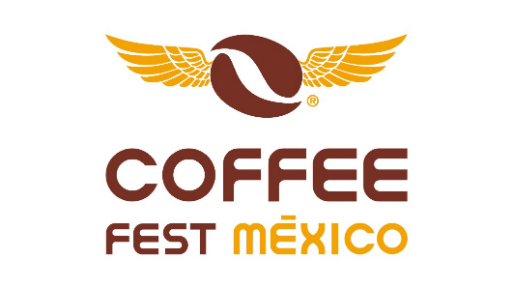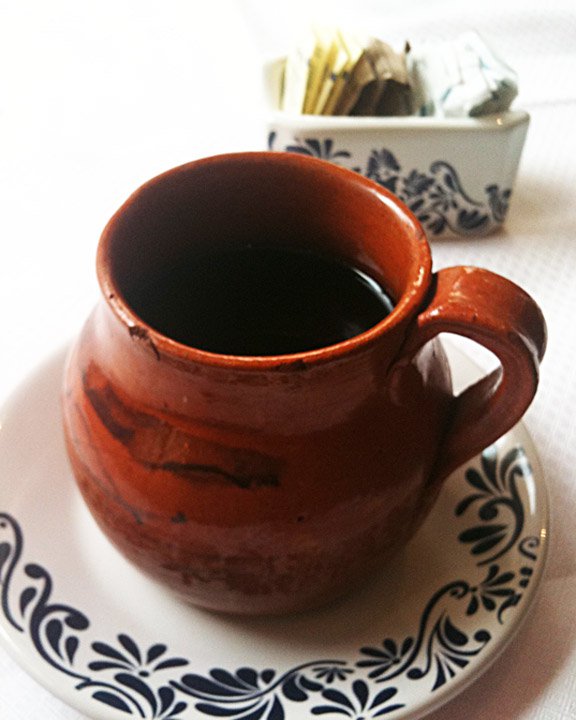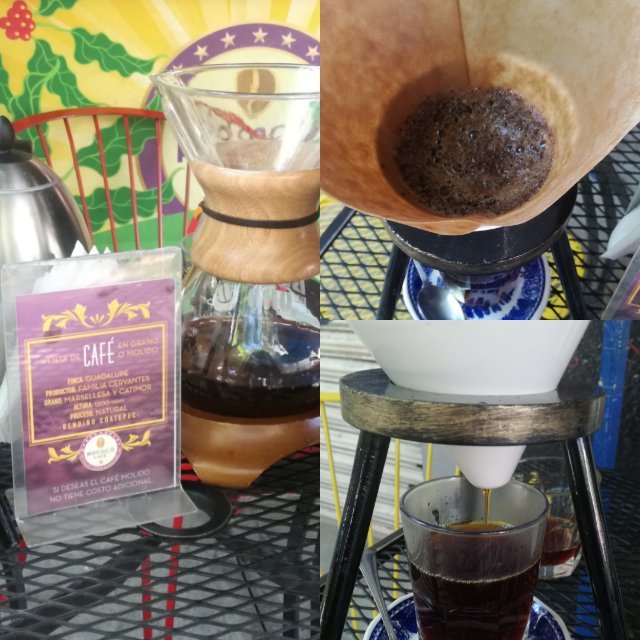Coffee Fest México 2019 - Meeting with Manuel Garcia Estreda

Back to our meeting with Manuel Garcia Estrada, Director of the Academy of Arts and Sciences of Coffee, owner of Rococo Café Espresso. After reviewing the historical and social context of coffee in Mexico, Manuel explains his current vision of the sector, its challenges and perspectives at the national and international levels. In conclusion he presents, “Coffee Fest México 2019,” the third Coffee National Meeting.
CHALLENGES OF THE SECTOR
Quality
"There are no quality standards in Mexico. But small coffee shops strive to educate the market so that we can understand the cost of a qualitative cup of coffee in Mexico"

Coffee is omnipresent in the life of Mexicans since a very young age. The café de olla (pronounced "oya") or pot coffee is made with a little bit of ground coffee, plenty of water and pretty much sugar. It is served for breakfast, as a snack or for dinner with sweet bread. The café de olla is a real institution and prevails over any other type of drinks for the producers themselves except for those already converted to alternative brewing methods. In town people also consume a lot of coffee but rather instantaneous.
In this context, raising the level of quality and improving coffee education for both professionals and final consumers is challenging. Manuel emphasizes the efforts made by small coffee shops over these past years to educate their customers in quality coffee "so that [they] can understand the cost of a qualitative cup of coffee in Mexico".
Education
Coffee is the first financial resource for many farmers. However, they apply too often practices uncompatible with a qualitative and productive approach. Too many producers are still not able to separate the wheat from the chaff.
"Some producers have been growing coffee for three generations and do not know what kind of coffee they have." This ignorance benefits the middleman who knows how to classify and can therefore speculate with the price. According to Manuel, it is essential to strengthen the knowledge of producers.
Moralization of the market
"They set the price knowing that producers do not even earn enough to eat. And they pay little."
The market suffers from abusive practices especially in some areas where multinationals are well established. Manuel explains that one of their strategies to get coffee at a better price is to pay it in advance by assessing the potential of productivity of a farm or land.
"Investments are not bad" adds Manuel. "But they must be regulated and they must be in agreement with the people who receive them and combined with the initiatives of the producers."
The case of Nestlé factory in Veracruz
Here Manuel mentions the conflict between Nestlé and the central government of Mexico on the one hand against the producers and local government of Veracruz on the other hand. In December 2018, the well-known multinational announced plans to set up a robusta coffee factory in the region of Veracruz. The project, worth $ 154 million with a potential to create around 10,000 jobs (according to the development plan) offers the multinational the opportunity to increase Robusta's production nationaly. It's an important investment for Nestlé and the country that still imports most of its robusta to meet the demand for instant coffee.
However this project has generated a lot of confusion and controversy both for the producers and the institutions of the state of Veracruz.
Producers and other industry players have expressed their disagreement. Firstly because most of them are anxious to preserve the culture of Arabica coffee which still represents the majority and still offers a better price, especially given the historically low level of the market.
Secondly, part of the industry points out the negative impact of this project both on the socio-economic (due to abusive practices) and the environmental aspects.
There is also a legal confusion as the current state of law in Veracruz prevents this investment. To allow the establishment of the factory, it would be necessary to change or abolish it.
Producers' resistance remains strong and the conflict has not been resolved so far.
Reinforce the internal consumption
"It is necessary to convert the internal market into our main consumer."

Improving the level of Mexican coffee consumption internally is an objective in line with the quest for better food justice and a better access to market for small producers.
Access to the export market may seem interesting when prices are high. However, they require a significant investment especially if it is a certified market. The only way to access it for the majority is to go through an intermediary who will often put pressure on prices.
The next National Coffee Meeting was born out of this general comment on the state of the coffee industry in Mexico.
COFFEE FEST MEXICO 2019
COFFEE FEST MEXICO is an event that will take place in Mexico D.F. from Thursday 23rd to Sunday 26th May. It brings together small and medium-sized Mexican coffee producers, baristas, roasters, coffee shops' owners... To sum it up, professionals of the coffee sector, photography and music that will meet with the common objective to promote the Mexican coffee at national and international level.

 Mexico
Mexico Colombia
Colombia Ethiopia
Ethiopia Guatemala
Guatemala Indonesia
Indonesia Kenya
Kenya Philippines
Philippines Tanzania
Tanzania Uganda
Uganda